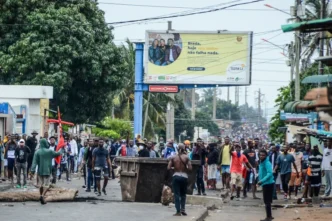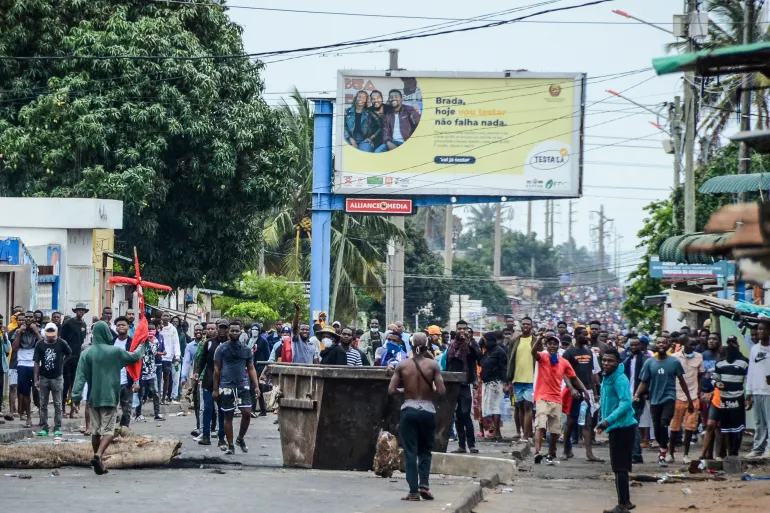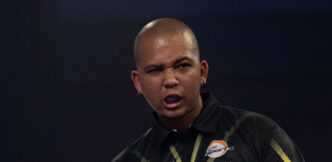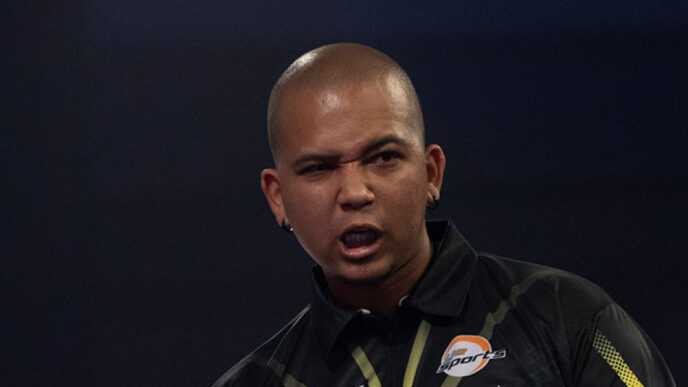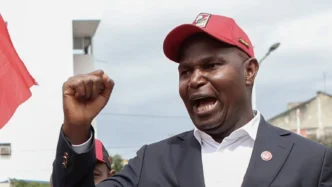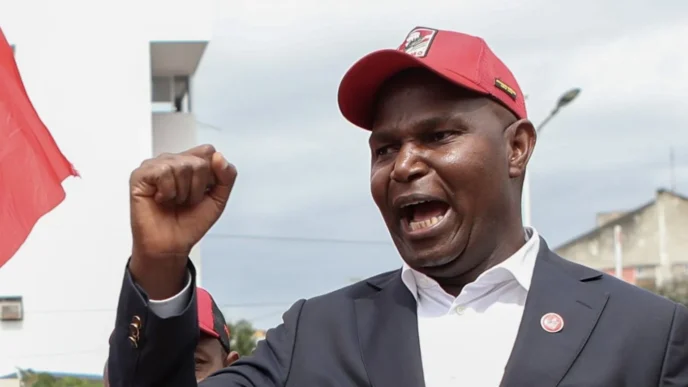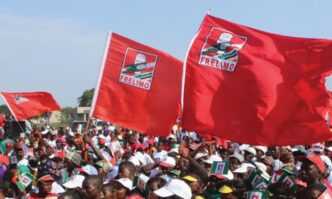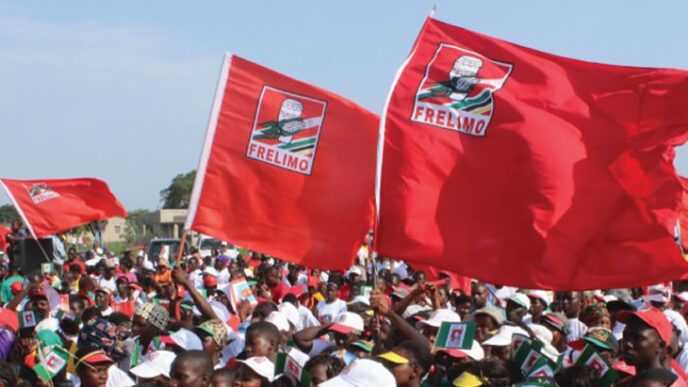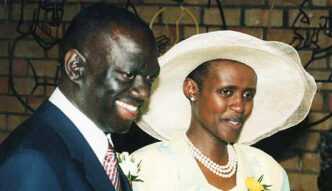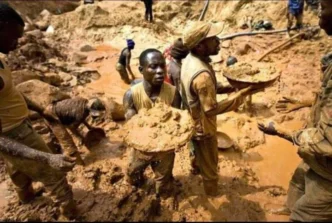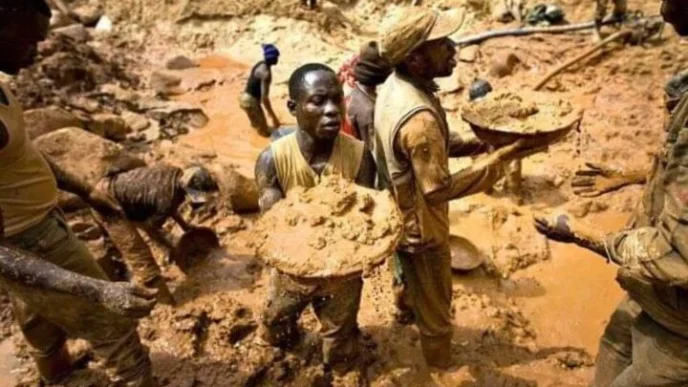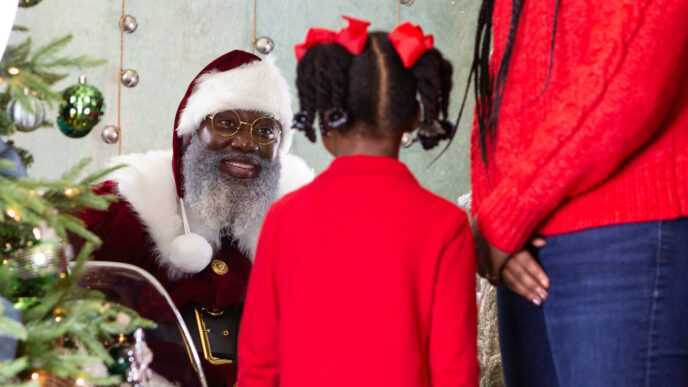Can Mozambique’s Protests Resolve Its Election Dispute?
Protests have flared in Mozambique following the Constitutional Court’s confirmation of Daniel Chapo’s victory in the contentious October presidential election.
The ruling, which revised Chapo’s margin of victory from 71% to 65%, has reignited public unrest, with opposition leader Venâncio Mondlane and his supporters rejecting the results as fraudulent.
On Monday, protesters filled the streets of Maputo, chanting Mondlane’s name, burning tyres, and erecting barricades. Police responded with tear gas to disperse the crowds.
This unrest continues a wave of demonstrations that began in October when the preliminary results were first announced, sparking deadly clashes.
Mondlane, who secured 24% of the vote per the revised tally, remains in exile, citing threats from law enforcement after the killing of two of his aides. In a social media post, Mondlane warned of a potential “new popular uprising” if the election outcome stands.
International observers have echoed concerns about the election’s integrity, citing irregularities and altered vote counts. Despite this, the electoral commission denies allegations of rigging in favor of the ruling Frelimo party, which has maintained power since Mozambique’s independence 49 years ago.
The demonstrations have taken a deadly toll, with local monitoring group Plataforma Decide reporting at least 110 fatalities, many allegedly caused by security forces. Police Commander Bernadino Rafael insists his officers acted in self-defense.
Pope Francis, addressing the largely Catholic nation, urged for dialogue and unity to prevail amid the turmoil.
Meanwhile, discussions between Mondlane and outgoing President Filipe Nyusi continue, though their outcome remains unclear.
Read More:
